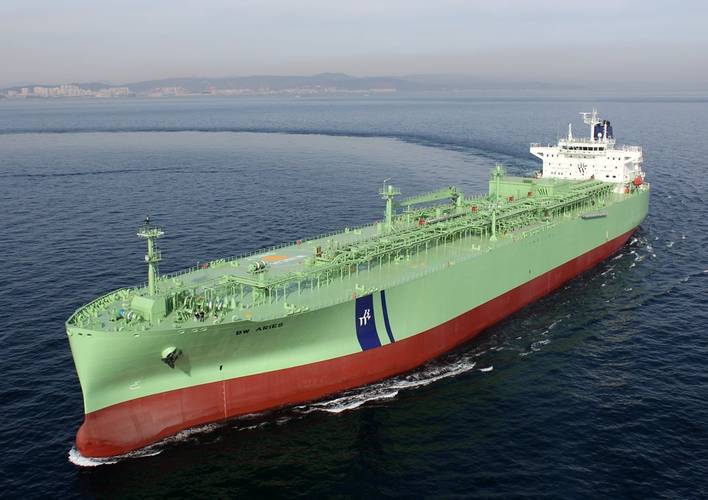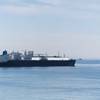BW LPG: Proposal to Combine with Dorian Withdrawn
BW LPG Limited (BW LPG) announced that it has withdrawn its proposal to combine with Dorian LPG Ltd. (Dorian). BW LPG will also withdraw the candidates it previously intended to nominate to stand for election to the Dorian board at Dorian’s 2018 Annual Meeting of Shareholders.
BW LPG also announced that the following letter has been sent on October 8, 2018 to the Chairman, President and Chief Executive Officer of Dorian:
Mr. John Hadjipateras
Chairman, President and Chief Executive Officer
Dorian LPG Ltd.
c/o Dorian LPG (USA) LLC
27 Signal Road
Stamford, Connecticut 06902
Dear John,
It has been over four months since we proposed a combination of BW LPG and Dorian, and nearly three months since we improved our proposal. To date, we have not had a formal response to our increased offer, and our meetings with you have not given any indication that you are willing to work towards a mutually beneficial outcome.
Although we continue to believe in the benefits of the proposed merger, and that a combination would be highly beneficial for your shareholders, we are first and foremost committed to acting in the best interests of BW LPG’s shareholders. Accordingly, we hereby withdraw our proposal. It is not normal practice nor in the best interest of our shareholders to hold a proposal open indefinitely, especially when it is highly favorable to the counterparty. We have shared the facts with you on multiple occasions and include our specific reasoning here by way of explanation:
1. Dorian was offered 46% of the combined company despite only contributing 30% of the revenue-generating units and 25% of the revenue to the combined entity (see slide 1 of the attached presentation).
2. As per the latest consensus estimates for EBITDA, net income and free cash flow (CY2019-2020), and accounting for our respective leverage, Dorian would have an implied equity share of no more than 16% of the combined company, but was offered 46% ownership. This significant value accretion for Dorian is even greater in an improved market environment (see slide 2).
3. Dorian’s operating cost is on average $5,600/day higher than BW LPG. This is a result of our lower opex, lower G&A, lower financing cost, and lower capital deployed per owned VLGC (see slide 3).
4. You have consistently stated that your eco-ships are more favorable than our fleet. We accept that there is a fuel cost advantage to modern ships, but with 21 eco ships in the BW LPG fleet against 19 in the Dorian fleet, and with the cost advantage of our vessels across the board, the current bunker cost of $500/ton would have to exceed $2,000/ton before this becomes relevant (see slide 4).
5. Our return on equity based on historically achieved TCEs is more than double the level for your fleet given our optimization of operating cost and leverage (see slide 5).
From a governance point of view, we are concerned by the lack of a meaningful response, and it has become apparent that your approach to shareholder value creation differs from ours. We note that an Annual Meeting of Shareholders has not been called to date, more than 12 months after your last shareholder meeting. We believe that this is neither shareholder-friendly nor in line with good governance practices.
In the absence of constructive engagement, we have determined not to move forward at this time. In light of our withdrawal, we will also retract the nomination for independent directors that we put forward for election to the Dorian board.
We believe this is a lost opportunity for Dorian shareholders and for the industry, but remain open to a future conversation should your board and shareholders become convinced of the merits of consolidation.
Yours sincerely,
Andreas Sohmen-Pao
Chairman of the Board of Directors
***
BW LPG owns and operates LPG vessels, Very Large Gas Carriers (VLGC) and Large Gas Carriers (LGC) with a total carrying capacity of over 4 million cbm. BW's fleet of over 250 vessels includes oil tankers, LNG and LPG carriers, floating storage and regasification (FSRU) units, chemical tankers, dry cargo carriers and floating production storage and offloading (FPSO) units.
















